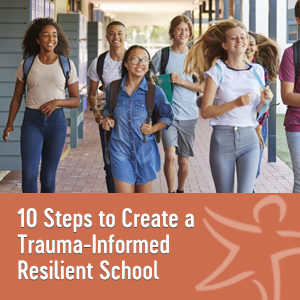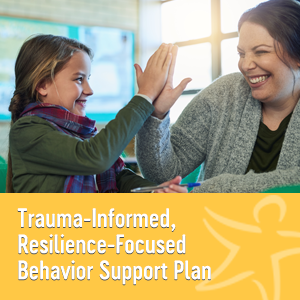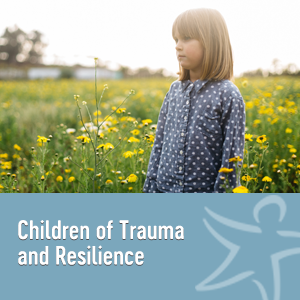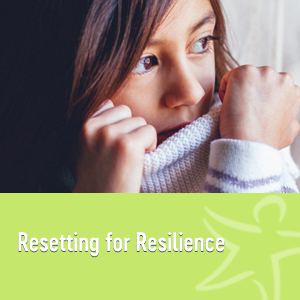Imagine an eleven-year-old student who, their entire life, has experienced that when adults in their home yell, someone gets hit or hurt. And then this student is in your classroom and you, in a well-intentioned and benign manner, raise your voice to get the attention of the class. When this happens, he is immediately triggered based on his past experiences. And then his best friend sitting next to him pokes him in the shoulder. The student reacts, possibly hitting his best friend. On the surface this looks like an irrational, unstable, and aggressive behavior. But underneath, based on the what is called the student’s private logic, there is some level of rationality to what has occurred, but his body is still scared. We have to be curious rather than certain when observing behavior that seems to not make sense on the outside.
There is a distinct link between a student’s private logic and their behavior. Private logic can be described as how a person views themselves, others, and the world around them. Private logic is created as a result of experiences. Based on that logic, they act accordingly. Think of private logic as an invisible backpack. In the backpack, a student carries around beliefs about themselves, beliefs about the adults that take care of them, and lastly, beliefs about other people they interact with in their lives and beliefs about the world. This logic is a result of experiences – both good and bad – over the course of development and life. If their lives have been filled with fear, abandonment, and anger, their private logic will be consistent with those experiences. They will view themselves as scared and powerless, others will not be trusted, and the world to them is seen as a scary place. If their lives have been filled with comfort, connection, and love, their logic will be consistent with those experiences. They will view themselves as capable and valued. They will see others as consistent and approachable, and will view the world as filled with opportunities of goodness and hope.
FOCUSED FOLLOW-THROUGH
So, the next time a child you work with makes a comment about themselves or others, or acts in a particular way—either positive or negative, remain curious! Based on what I just witnessed:
“How might this child view themself? How might this child view others? How might this child view the world?” Then, approach your care with their world-view in mind!
FOCUS FURTHER
Learn more about Private Logic in
the eLearning course Children of Trauma & Resilience:
To learn more about private logic, or to incorporate private logic-focused resources into your profession, consider these offerings
from Starr Commonwealth.






